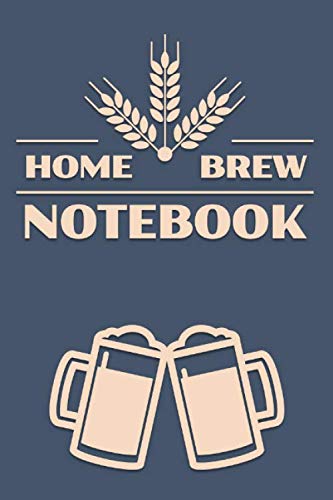Delta3
Active Member
I'm looking to do some all grain brews (finally) and my logic has gone more or less; I like beer, I like whiskey. What does whiskey taste like before it's distilled? Because it must be more or less an unhopped peated ale...
I've seen a couple of recipes on brewers friend, but I'm curious if it's worth the effort trying a brew?
I've seen a couple of recipes on brewers friend, but I'm curious if it's worth the effort trying a brew?









































